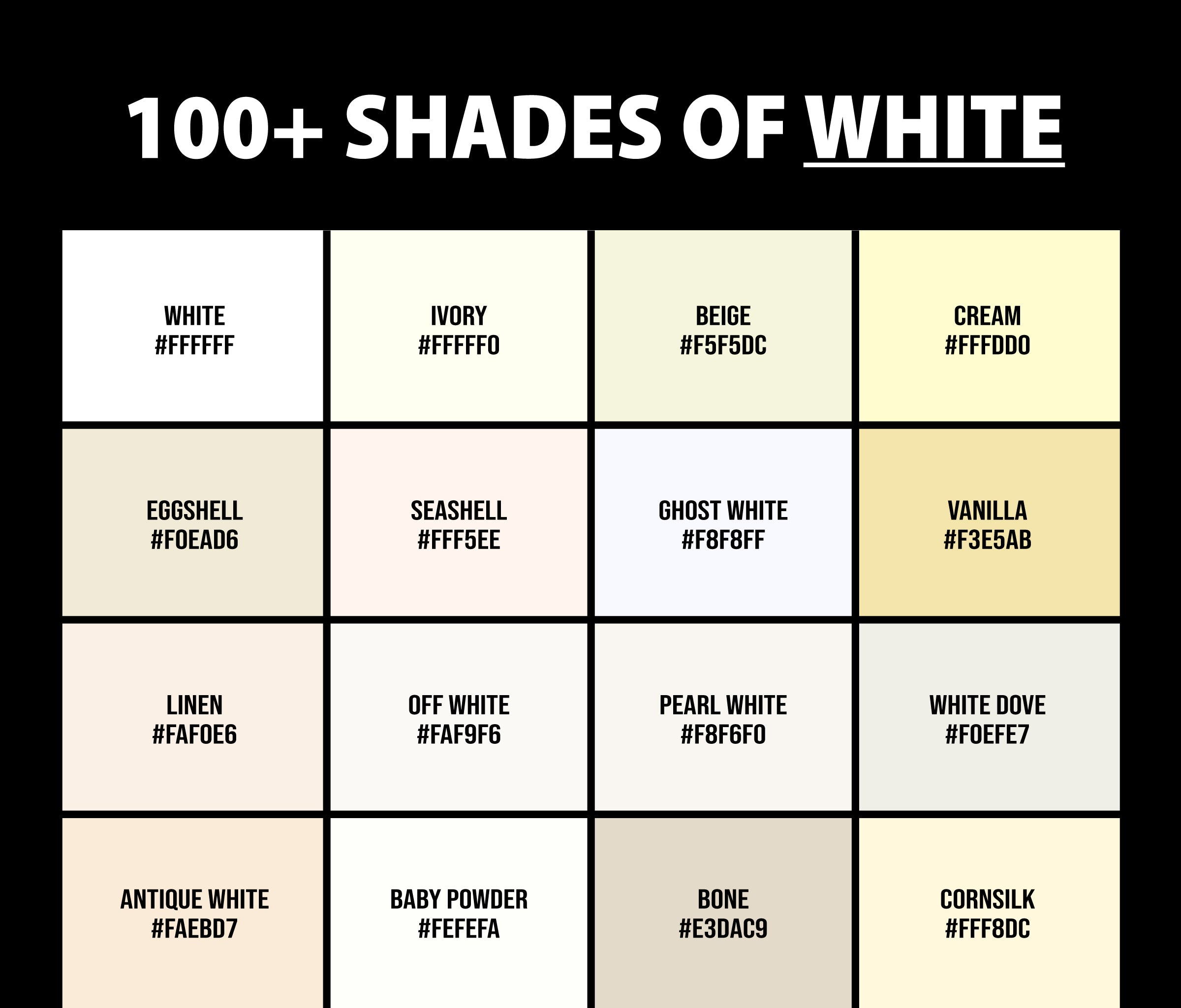The early 2000s brought a real interesting shift to the music scene, especially in hip-hop. For a long time, this kind of music had its roots firmly planted in Black culture, which, you know, makes total sense given its origins. But then, as the calendar flipped into a new millennium, something a little different started to happen. More white artists began stepping onto the stage, mic in hand, ready to share their own stories and sounds. It was a time when the lines of what hip-hop could be, and who could make it, seemed to get a bit blurry, in a good way for many listeners, and it really got people talking.
This period, the 2000s, was a time of big changes for music overall. The internet was starting to truly take hold, making it easier for new sounds and artists to reach ears everywhere. So, too it's almost as if this new way of sharing music helped pave the way for a wider variety of voices to come through. It wasn't just about what was on the radio anymore; people were finding music in all sorts of places, and that openness, you know, really helped these new artists find their footing.
What we're going to get into here is that very time, looking at how white rappers came onto the scene during the 2000s. We'll explore some of the ways they fit in, how they stood out, and what their presence meant for the broader music landscape. It's a look back at a fascinating period where musical boundaries felt like they were stretching, and a whole lot of fresh sounds started to fill our playlists, actually.
- Dr Kristen Holt
- Deadliest Catch Viking Returns Season 2 Release Date
- Hiker Kodali
- Tyler Radziszewski Love Island
- Dandruff Shampoos For Color Treated Hair
Table of Contents
- The Sound of a New Millennium - White Rappers 2000s
- More Than Just Rhymes - The Cultural Impact of White Rappers 2000s
- Looking Back - The Legacy of White Rappers 2000s
The Sound of a New Millennium - White Rappers 2000s
When the 2000s kicked off, the music scene was a pretty interesting mix of sounds and styles. Hip-hop had really grown, moving from its underground roots to become a huge part of mainstream culture. It was everywhere, from commercials to movie soundtracks, and it felt like everyone was listening. This big reach, you know, meant that more and more people from all walks of life were getting into the music, not just as listeners but also as creators. It was this wider embrace of hip-hop that, in a way, set the stage for white artists to step forward and share their own take on the genre. It wasn't an overnight thing, but rather a gradual shift that saw new voices adding to the overall sound, really.
The reception for these artists was, quite naturally, a bit mixed at first. Some folks were really excited to hear new perspectives and different kinds of stories told through rap. They saw it as a sign of hip-hop's growing influence and its ability to connect with people no matter where they came from. Others, though, felt a bit cautious, wondering if these new voices truly respected the history and cultural importance of the music. It was a lively conversation, to say the least, about what it meant to be a rapper and who had the right to tell those stories. Basically, it was a time of questioning and exploration for the genre itself.
Yet, despite any initial hesitations, the presence of white rappers in the 2000s did something important: it sparked a lot of discussion about identity, authenticity, and the very nature of artistic expression within hip-hop. It made people think about how music travels across different groups of people and how new sounds can emerge from unexpected places. This era, in some respects, showed just how much hip-hop had grown, how it could adapt, and how it could welcome a wider range of voices while still holding onto its core spirit. It was a pretty big deal for the music world, that.
- Biggest Orca Ever
- Taylor Swift Midnights Outfit
- Henry S Jones Jr
- Sam Owens Stranger Things
- The Burning Series Book 3
How Did White Rappers Find Their Place in the 2000s?
Finding a spot in a music scene that, for good reason, had such strong cultural ties was a bit of a tricky path for white rappers in the 2000s. It wasn't simply about being able to rhyme words or put together a catchy beat. It was also about how they connected with the genre's history and how their own experiences fit into the stories hip-hop often told. Some artists, like the really well-known ones, managed to break through by showing a deep respect for the art form, often by focusing on lyrical skill and sharing very personal, often raw, narratives that felt genuine, you know. They didn't just try to copy what others were doing; they brought something of their own to the table.
A lot of it came down to storytelling. The most successful white rappers from the 2000s were often those who could share their lives, their struggles, and their thoughts in a way that felt honest and relatable, regardless of their background. They might have talked about growing up in specific places, dealing with personal challenges, or just trying to make sense of the world around them. This focus on individual tales, rather than trying to fit into a pre-made mold, helped them connect with a broad audience. It showed that hip-hop, at its heart, is about expressing yourself, and if you do that well, people will listen, naturally.
Moreover, the way these artists approached their craft was key. Some really worked on their flow, making their words dance over beats in a way that felt fresh and exciting. Others leaned into humor or social commentary, using their platform to talk about bigger ideas or simply to make people laugh. This variety, this willingness to experiment with different styles and themes, was a big part of how white rappers in the 2000s found their own unique voices. It wasn't a single path to success, but rather a collection of different approaches that together added new textures to the overall sound of hip-hop, you know, in a way.
What Made the White Rappers 2000s Era Unique?
The 2000s, for white rappers, was a time that truly stood out for a few reasons. For one, it was a period where the music industry itself was undergoing a huge shift. Digital music was becoming a big deal, and that meant artists had new ways to get their songs out there without needing a huge record label right away. This opened doors for many, including white artists who might have found it harder to break in during earlier times. It made the whole scene feel a little more open and, arguably, a bit more democratic, too.
Another thing that made this era special was the sheer variety of styles that emerged. It wasn't just one type of sound or one kind of message coming from white rappers. You had artists who were incredibly skilled with words, creating intricate rhymes and complex narratives. Then there were others who brought a more lighthearted or party-focused vibe to their music. This broad spectrum of approaches meant that there was something for almost everyone, which really helped these artists gain a wider following. It showed the versatility of hip-hop itself, that.
Also, the conversations that came up around white rappers in the 2000s were pretty unique. People talked a lot about authenticity, about what it means to be "real" in hip-hop, and how different backgrounds fit into that picture. These discussions, while sometimes heated, helped push the genre forward, making everyone think more deeply about its cultural meaning and its future. It wasn't just about the music; it was about the ideas and conversations it sparked, which is what really made the white rappers 2000s era feel like a significant moment in music history, honestly.
More Than Just Rhymes - The Cultural Impact of White Rappers 2000s
The influence of white rappers during the 2000s stretched far beyond just the songs they put out. They became a significant part of the wider cultural conversation around music, identity, and what hip-hop meant as it continued to grow and change. Their presence in the mainstream challenged some long-held ideas about who could be a voice in the genre, and this really got people thinking. It wasn't just about selling records; it was about sparking dialogue and pushing boundaries, in a way, for the music itself. They definitely made a mark on how people saw hip-hop, you know.
For some listeners, these artists offered a new entry point into hip-hop, perhaps for those who hadn't connected with it before. They might have found a relatable story or a style that resonated with them, which then led them to explore the broader world of hip-hop music. This expansion of the audience was a big deal, bringing new fans to the genre and helping it grow even bigger. It showed that music has a way of crossing different groups of people, and when it does, it can create new connections and shared experiences, typically.
At the same time, the rise of white rappers also brought up some important questions about cultural exchange and appreciation versus appropriation. These discussions were vital for the genre, as they encouraged artists and listeners alike to think about the origins of hip-hop and the respect it deserves. It made the conversations around music richer and more thoughtful, which, you know, is always a good thing for any art form. So, it wasn't just about the beats and rhymes; it was about the bigger picture of culture and creativity, too.
Were White Rappers 2000s Authentically Representing?
The question of "authenticity" was a really big one for white rappers in the 2000s, and it's a conversation that still comes up quite often
- Nude Pictures Of Anne Hathaway
- Gils Arena Host
- Is Katy Perry In How I Met Your Mother
- Giovanni Lollobrigida
- Is Paul Jr Still Married

![[100+] White Color Backgrounds | Wallpapers.com](https://wallpapers.com/images/hd/white-color-background-ghw6e685ri75chj4.jpg)
